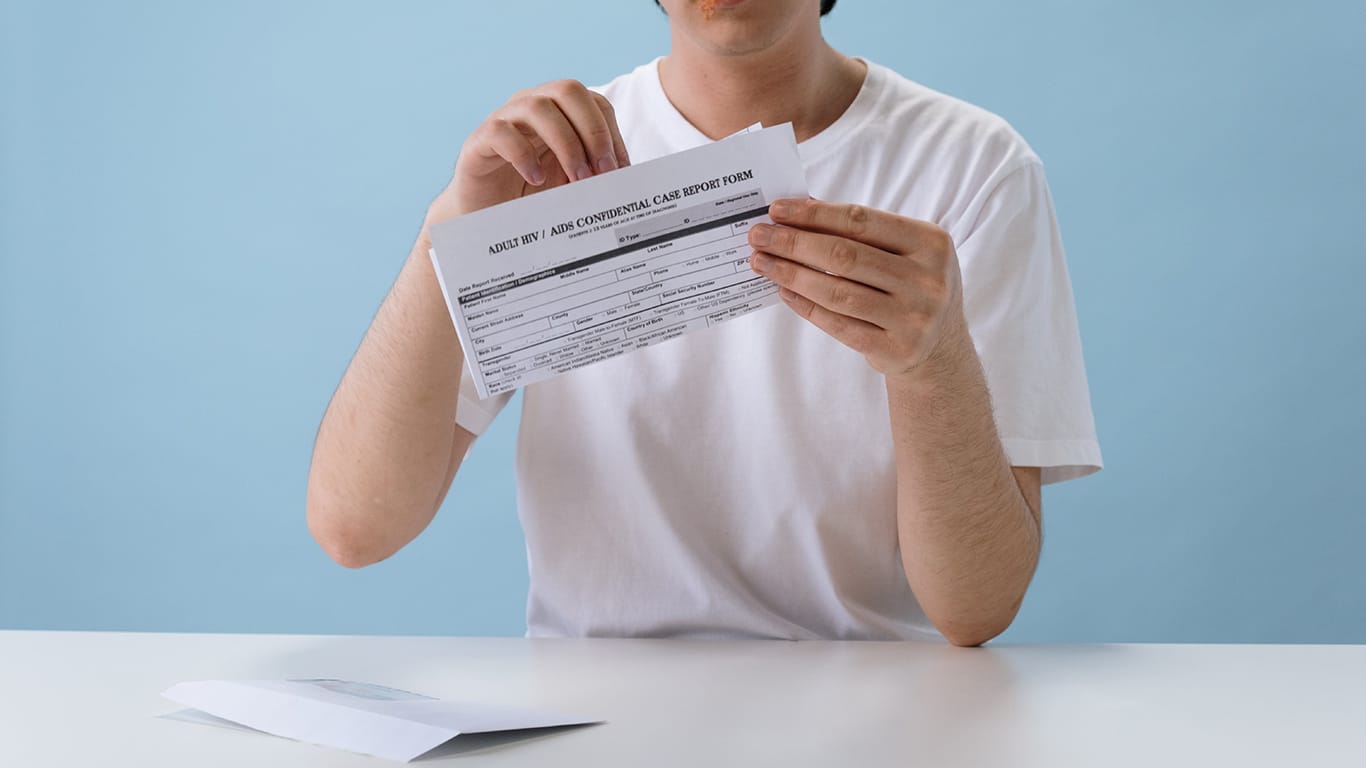As an HIV specialist, I know firsthand that HIV can be an incredibly scary diagnosis for patients. However, treatment and care have come a long way since it first emerged in 1981 during the HIV-AIDS Epidemic.
MORE NEWS: Ranking Arizona: Top 10 hospitals for 2024
HIV testing is essential to knowing your status, reducing transmission, and determining a course of treatment with your medical provider. Whether you need HIV treatment or prevention, the sooner you know your HIV status, the better the long-term health outcomes.
June 27 is National HIV Testing Day. To mark the occasion and help individuals in the community know their status, Be Well Health, located at the Walgreens at Central Avenue and Osborn Road in Downtown Phoenix, will provide free HIV testing.
Here are five things you need to know about HIV in 2024.

HIV is No Longer a Death Sentence
In the 1980s, an HIV diagnosis meant the difference between life and death. As of 2022, there were 39 million people living with HIV globally, according to the World Health Organization. That same year, 630,000 people died of HIV-related illnesses worldwide. That no longer has to be the case with access to preventative and post-exposure medications.
At Be Well Health, sexual health is at the center of our healthcare model. Life-changing medications such as PrEP (pre-exposure exposure prophylaxis — a medication more than 99% effective against the transmission of HIV if taken as directed) and PEP (post-exposure prophylaxis — a medication taken within 72 hrs of exposure to reduce transmission) are some of our most-prescribed medications. By preventing HIV from spreading in the body, these medications can be truly lifesaving.
HIV/AIDS is Not a “Gay Disease”
HIV knows no boundaries and can affect anyone — it’s not just one select group of individuals who identify as gay. Any unprotected sexual contact, intravenous drug use, or contact with contaminated blood can all lead to a possible exposure.
Heterosexual contact accounted for 22% of new HIV infections in 2021, according the HIV.gov — with 15% of those new cases being heterosexual females and 7% of those cases being heterosexual men. It is especially important for these demographics to use protection upon contact with a new partner, frequent STI screening, and education about HIV prevention. If HIV contact is suspected, it’s important to see a medical provider for PEP within a 72-hour period of exposure.
At Be Well Health, we know how difficult it can be to get into your primary care on short notice. That’s why our clinic exists. If you believe you’ve been exposed to HIV, want to know your HIV status, or discuss HIV prevention just walk in or make an appointment online.
The First Signs of HIV Aren’t Obvious
HIV does not immediately show signs and symptoms upon exposure. Typically patients will develop flu-like symptoms 2-to-4 weeks after contracting the virus, including fatigue, swollen lymph glands, headache, rash, sore throat, fever, and body aches.
About 13% of people with HIV in the U.S. don’t know they have it, according to HIV.gov. That means regular testing — especially for those who have unprotected sex or use intravenous drugs — is important.
My clinic knows that health insurance can often be a barrier to treatment, but Be Well Health believes that all people deserve to care for their health regardless of income or circumstances. Discounted rates for uninsured individuals are available.
In Arizona, Hispanic Populations are Seeing a Rise in Cases
Arizona reported a 20% increase in new HIV cases in 2022, according to the 2024 HIV Surveillance Report. Of the 975 HIV cases reported in Arizona that year, 405 of the cases were Hispanic patients — more than any other ethic group.
Statistics are not intended to stigmatize select populations, but rather inform them of the risk of transmission amongst groups. Given Arizona’s high Hispanic population, the rise in cases could quickly lead to more, or be stamped out with proper testing and treatment of the virus.
You Are Not Alone with an HIV Diagnosis
While an HIV diagnosis can feel isolating. The virus is sadly more common than people realize, but is easily managed with medication. There are communities and resources available to those who have been diagnosed, including support groups via resources such as the, Positively You AZ, Chicanos Por La Causa, Aunt Rita’s Foundation, and more.
It’s important to remember that you are not alone with an HIV diagnosis. Be Well Health’s sister clinic, Be Well Family Care in Tempe, offers ongoing HIV treatment and a supportive team of healthcare professionals that provide judgment-free, holistic HIV care plans for those diagnosed.
Author: Micaela Simon, FNP-C, AAHIVS, is an HIV specialist at Be Well Health and Be Well Family Care. Be Well Health is located inside Walgreens at 3402 N. Central Avenue, Phoenix. To learn more and book your testing appointment, visit www.bewellhealthaz.com.




